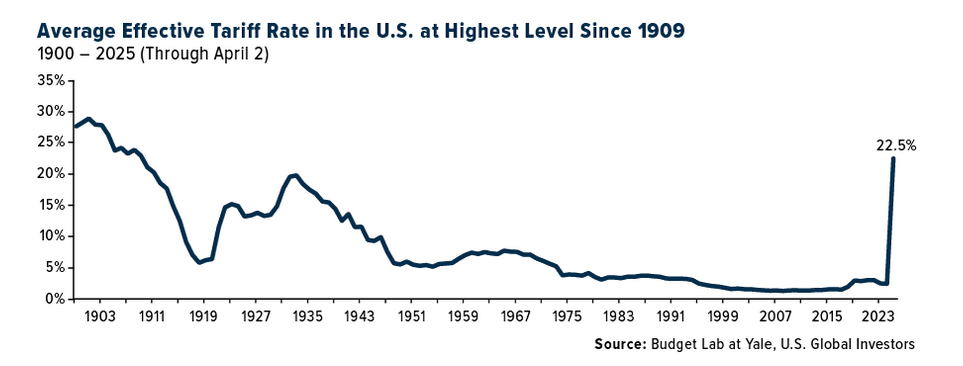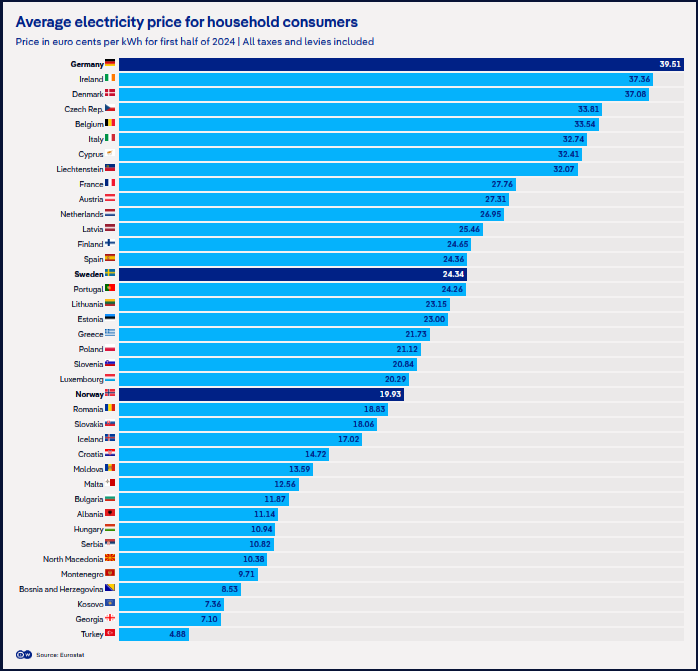In a recent Washington Post article titled “Too Many Cars, and They’re Not on the Road“,the author says that 57,000 unsold cars are piled up at the Port of Baltimore and many more are stored at the Baltimore-Washington International Marshall Airport. The big three US automakers – Ford Motor Co (F), General Motors(GM) and Chrysler Holdings LLC – posted on an average over 40% sales decline in March compared to the same month last year.In addition to the cars parked at ports, dealerships across the country are sitting on millions of new cars that are waiting for buyers.
In order to provide a jolt to auto sales and to kick-start the automotive industry many European countries started incentive programs to help new car buyers. People were offered cash in order to exchange their old cars for new cars.In Germany this program was a big hit with the government receiving over one million applications. Due to this success the German government extended the program this week and increased the funding to five billions euros. (Source: Deutsche Welle)
Brazil enacted a similar program last December and this program was successful. Due to this tax incentive, auto sales spiked in March to 36.2% compared to February. A total of 271,400 cars were sold in March as per the the National Association of Motor Vehicles Producers (Anfavea). The government’s program led to a reduction of 5% to 7% in retail car prices. Hence similar to Germany, the Brazilian government has extended the tax incentive to another three months. Companies leading last month’s sales were Italy’s Fiat, Germany’s Volkswagen AG and the American automakers Ford Motor Co (F) and General Motors(GM).
Now the US government is considering two similar proposals. This is a step in the right direction that will help investors, consumers and the economy in general. According to Deutsche Welle, the two proposals are:
“The first, put forward by a Democrat representative, would pay consumers up to $5,000 (3,800 euros) if they trade in models from 2001 or earlier and buy a new vehicle assembled in the US, Canada or Mexico.
The second proposal, drafted by a team of Democrat and Republican senators, would involve payments of $2,500 to $4,000 linked to tight efficiency controls. The plan would not discriminate against foreign car manufacturers, and is therefore likely to face tough opposition from union leaders.”
In my opinion, if our lawmakers approve one of the above proposals and implement the program it would be helpful for the economy especially the beaten down automotive sector. What are your thoughts on this issue?. Please leave your suggestions/ideas in the comments section.
Update: On April 12th, the New York Times reported that the Treasury Department has asked GM to prepare the groundwork for bankruptcy filing by June 1st.



